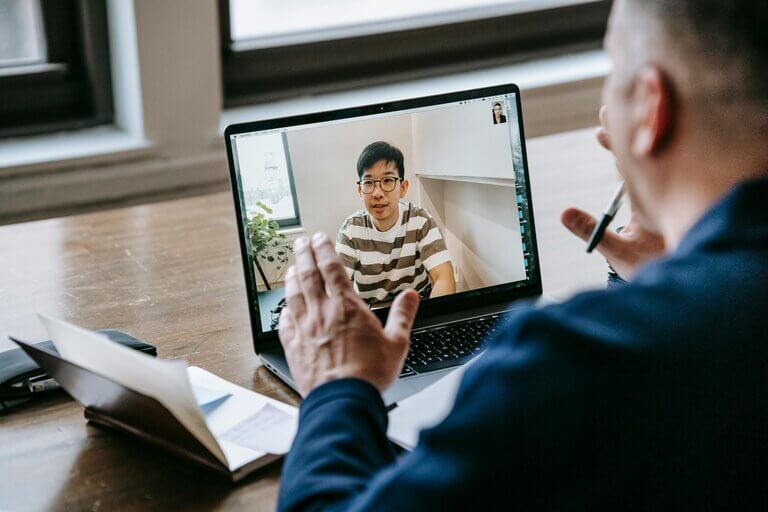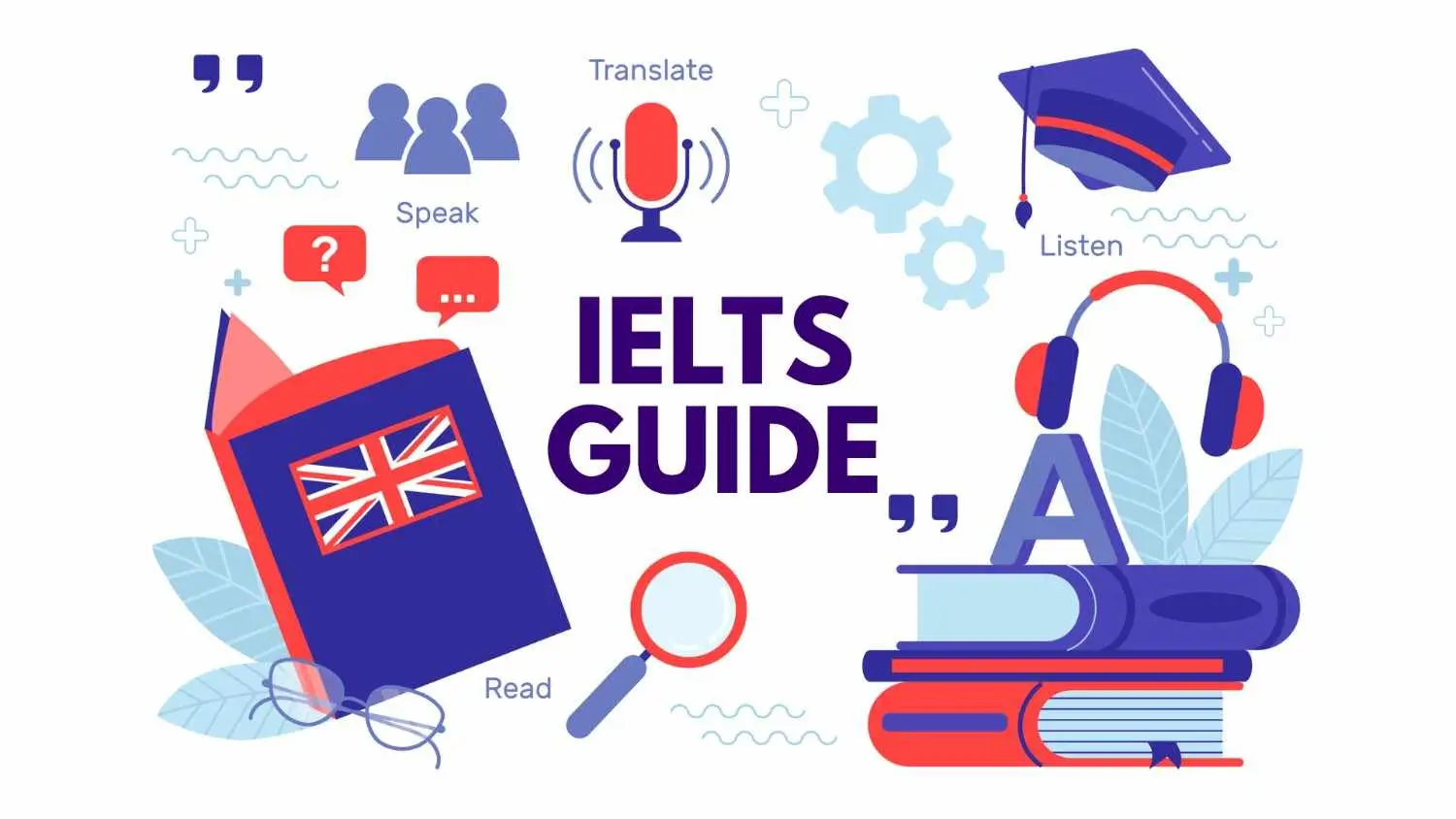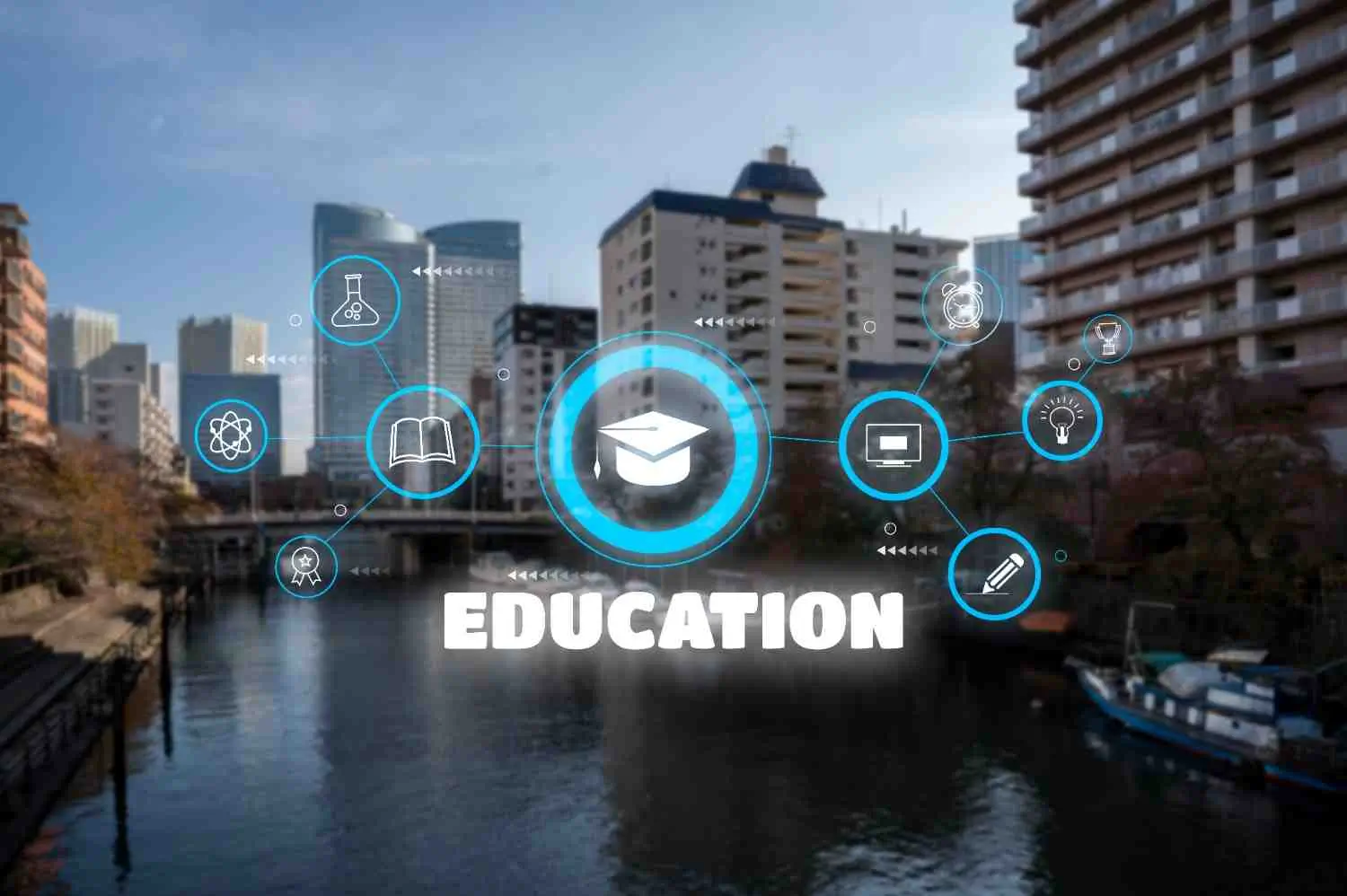Introduction
In recent years, technology has revolutionized the field of education, offering new tools and resources that enhance the learning experience for students and educators alike. This blog post explores the role of technology in modern tutoring, focusing on how innovative technologies such as artificial intelligence, interactive platforms, and educational apps are reshaping educational practices and improving educational outcomes.
Evolution of Tutoring with Technology
Technology has significantly transformed the landscape of tutoring, making educational resources more accessible, interactive, and personalized. Traditional tutoring methods often relied on face-to-face interactions and printed materials, limiting access for students in remote locations or with busy schedules. However, advancements in technology have bridged these gaps by offering online tutoring platforms, virtual classrooms, and interactive learning tools that cater to diverse learning needs.
Benefits of Technology-Enhanced Tutoring
- Accessibility: Technology allows students to access tutoring services from anywhere with an internet connection, eliminating geographical barriers and expanding educational opportunities.
- Personalization: AI-powered algorithms can analyze student performance data and adapt tutoring sessions in real-time to meet individual learning needs, providing personalized feedback and practice exercises.
- Interactivity: Virtual whiteboards, video conferencing, and collaborative tools enable interactive tutoring sessions that mimic face-to-face interactions, fostering engagement and active learning.
- Flexibility: Online platforms offer flexible scheduling options, allowing students to arrange tutoring sessions at convenient times without disrupting their daily routines or academic commitments.
- Resource Accessibility: Digital libraries, educational apps, and multimedia resources provide supplementary materials that enrich learning experiences and reinforce key concepts covered in tutoring sessions.
Examples of Innovative Technologies in Tutoring
- Artificial Intelligence (AI): AI algorithms analyze student data to identify learning patterns and adapt tutoring strategies accordingly, offering personalized recommendations and assessments.
- Virtual Reality (VR): VR simulations create immersive learning environments where students can interact with complex concepts in subjects like science, history, and mathematics.
- Educational Apps: Mobile apps offer interactive exercises, quizzes, and educational games that reinforce learning objectives and provide immediate feedback.
- Learning Management Systems (LMS): LMS platforms streamline tutoring administration, communication, and content delivery, facilitating seamless interactions between tutors, students, and parents.
Case Studies and Success Stories
- Khan Academy: This online platform provides free educational resources and personalized tutoring in subjects ranging from mathematics to humanities, reaching millions of students worldwide.
- Duolingo: Known for its language learning app, Duolingo uses gamification and adaptive learning techniques to personalize language tutoring and improve retention rates.
- Chegg Tutors: An online tutoring platform that connects students with qualified tutors for real-time help in various academic subjects, leveraging interactive tools and personalized learning plans.
Challenges and Considerations
Despite its benefits, integrating technology into tutoring presents challenges such as digital divide, privacy concerns, and the need for teacher training. Addressing these challenges requires ongoing research, collaboration between educators and technology developers, and policies that promote equitable access to digital resources.
Future Trends in Technology-Enhanced Tutoring
Looking ahead, the future of technology-enhanced tutoring is promising, with advancements in AI, augmented reality (AR), and adaptive learning systems expected to further personalize and optimize educational experiences. By leveraging these technologies, educators can enhance student engagement, improve learning outcomes, and prepare students for success in a rapidly evolving digital world.
Conclusion
Technology has transformed tutoring into a dynamic and personalized educational experience, offering students access to innovative tools and resources that cater to their individual learning needs. From AI-driven tutoring platforms to immersive VR simulations, technology-enhanced tutoring is reshaping educational practices and empowering students to achieve their academic goals. As technology continues to evolve, educators and policymakers must embrace these advancements to ensure equitable access to quality education and foster a generation of lifelong learners.




